Welcome to our latest news & updates
Welcome to our latest news & updates
Here is where we plan to bring you news at it happens, in quick bites. Please dont forget to leave a comment or feel free to ask any questions if you would like to learn more about our programs.
We value your feedback. Leave your comments below.
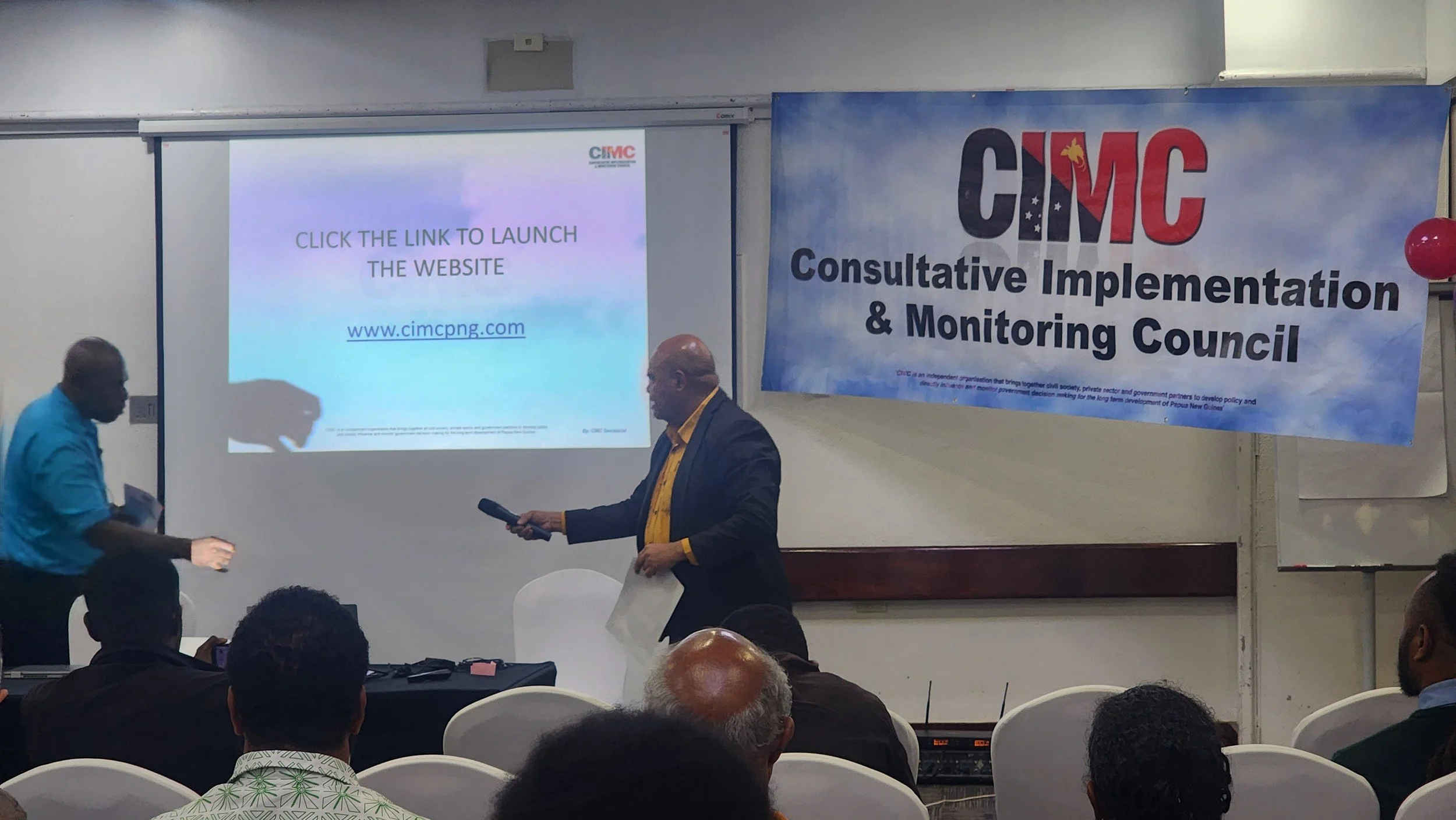
CIMC launches Website During First Stakeholder Program
The CIMC during the recent stakeholder engagement held on 30th of January with the intention to reconnect with key partners and members of the CIMC Council, saw this as an oppotuniry to launch its newlook website under the temporary domain name www.cimcpng.com.
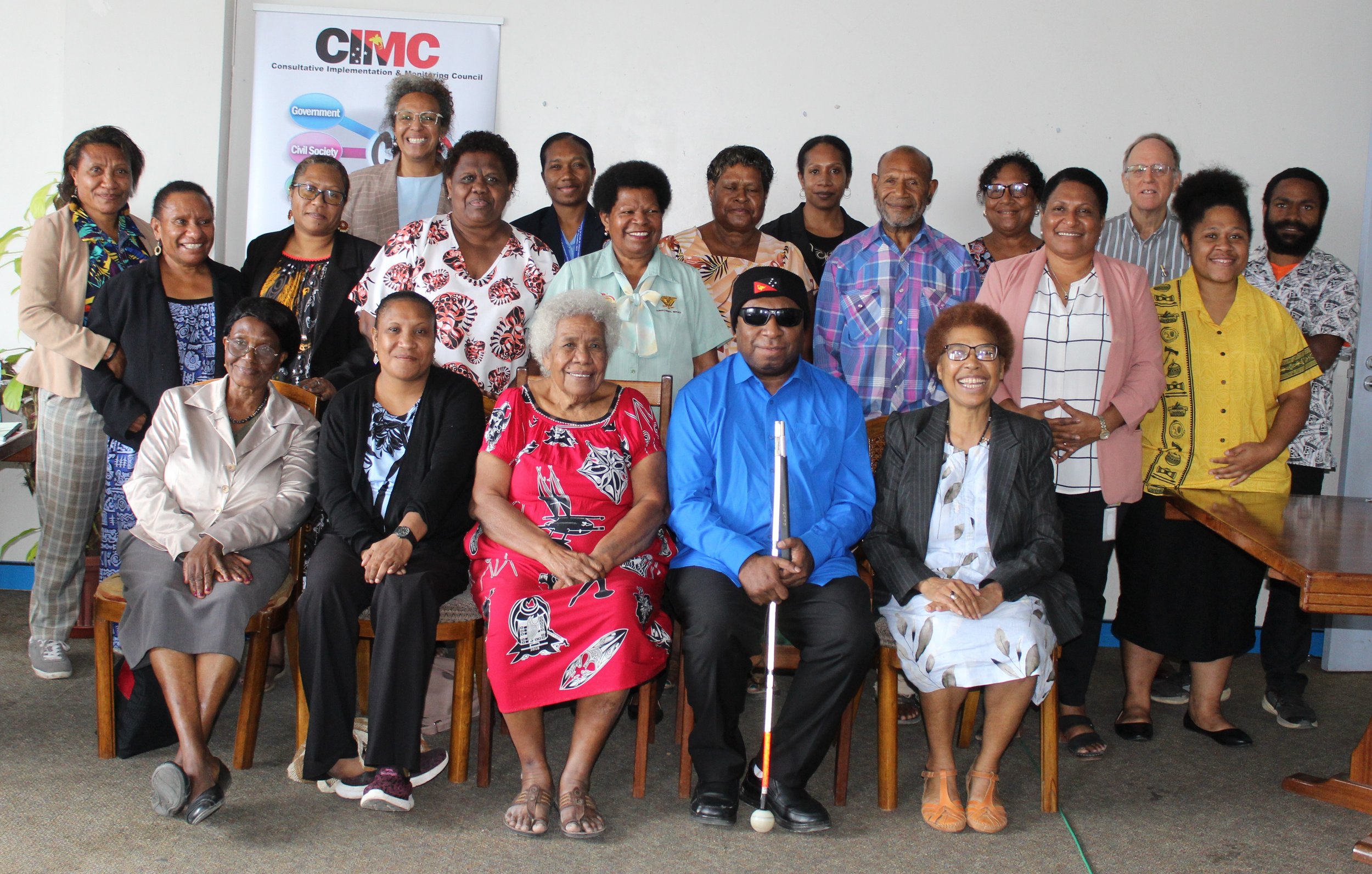
Timely discussions set foundation for CIMC FSVAC activities for 2026
The Family and Sexual Violence Action Committee of the Consultative Implementation and Monitoring Council brought together advocacy champions in the Civil Society Organizations, Government, Private Sector and Faith Based Organization spaces for its inaugural sectoral committee meeting for the year.
Held at the Institute of National Affairs Conference Room on Friday January 23, 2026, the event provided a platform for discussion centred around what can be done to address and alleviate violence in all forms in the society and the mediums that can be used to raise awareness on the different services that are available to the public.
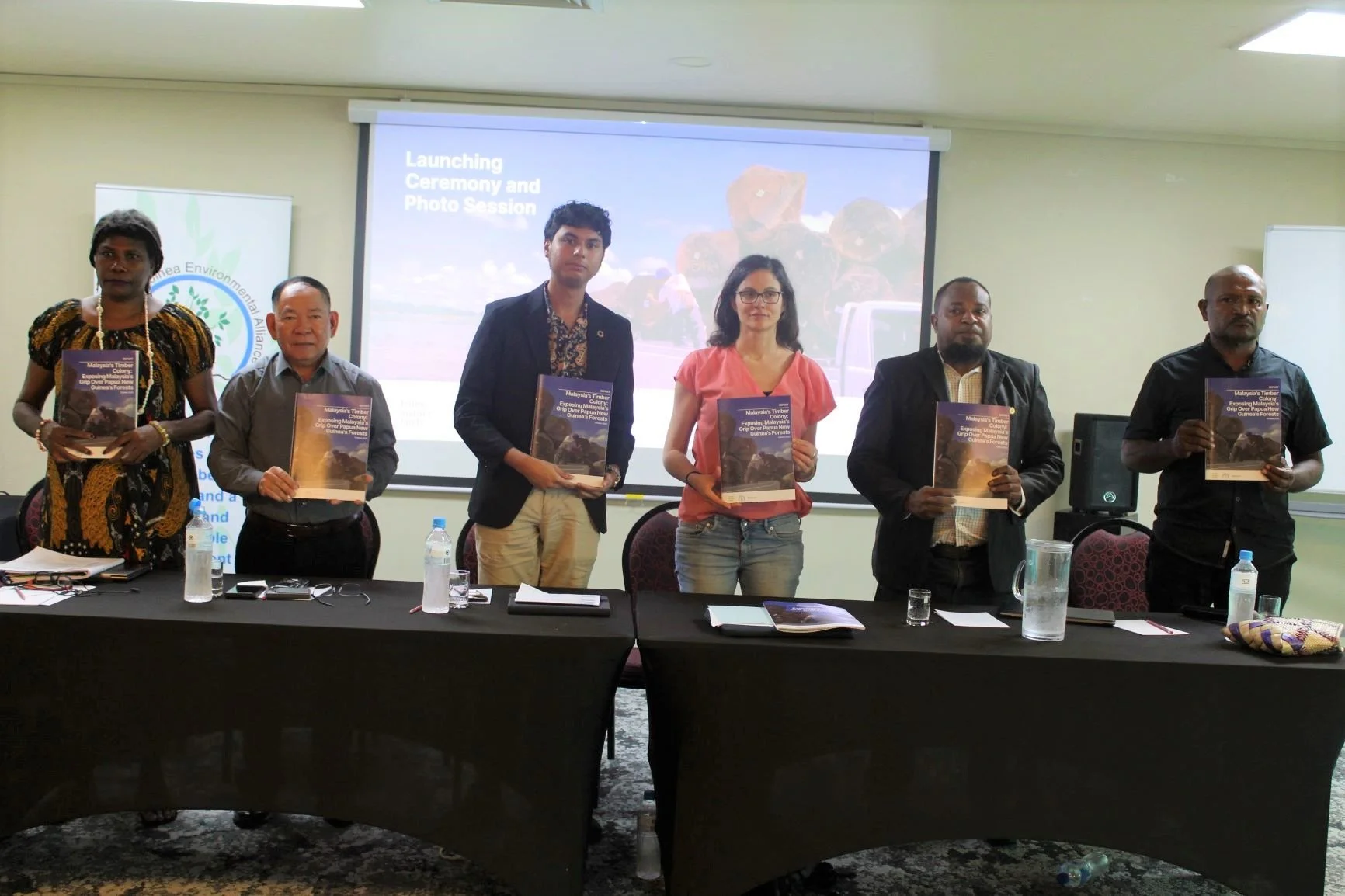
Report on misuse of Forest Clearing Authorities (FCAs) in PNG launched (Copy)
A new report investigating the role of Malaysian companies and individuals in large – scale forest clearance in Papua New Guinea through the misuse of Forest Clearing Authorities (FCAs) was launched on Tuesday October 14 at Gateway Hotel by partners RimbaWatch, Bruno Manser Fonds and the Papua New Guinea Environmental Alliance, which the Consultative Implementation and Monitoring Council is part of.
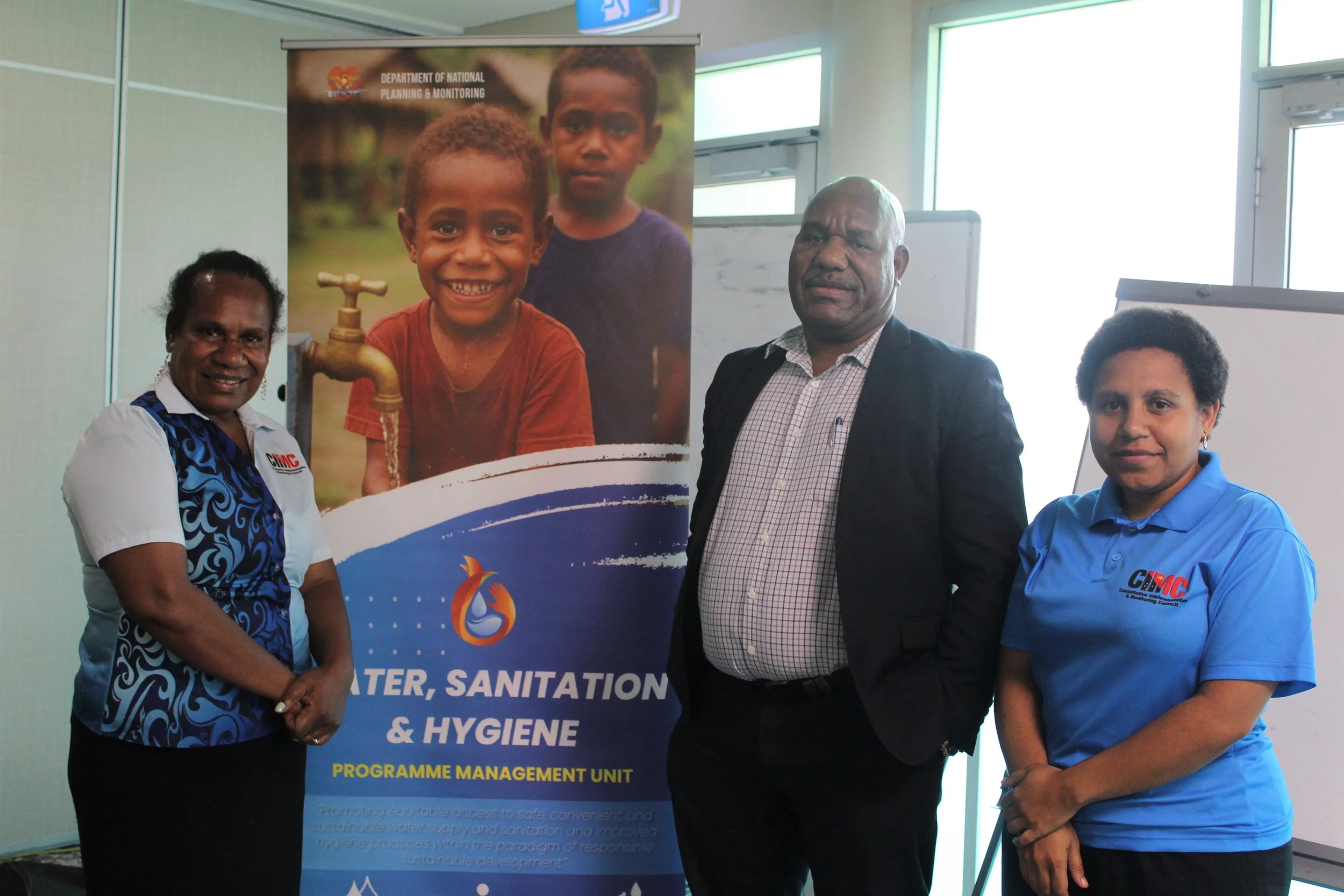
CIMC officers attend consultation on WaSH Sector Master Plan (Copy)
CIMC officers attend consultation on WaSH Sector Master Plan

CIMC takes part in ADB PNG Resident Mission’s Yumi Wok – Bung Wantaim Dei (Copy)
CIMC was part of a Civil Society Partnership Days event or Yumi Wok-Bung Wantaim Dei hosted by the Asian Development Bank (ADB) Papua New Guinea Resident Mission and organized with ADB’s NGO and Civil Society Centre.
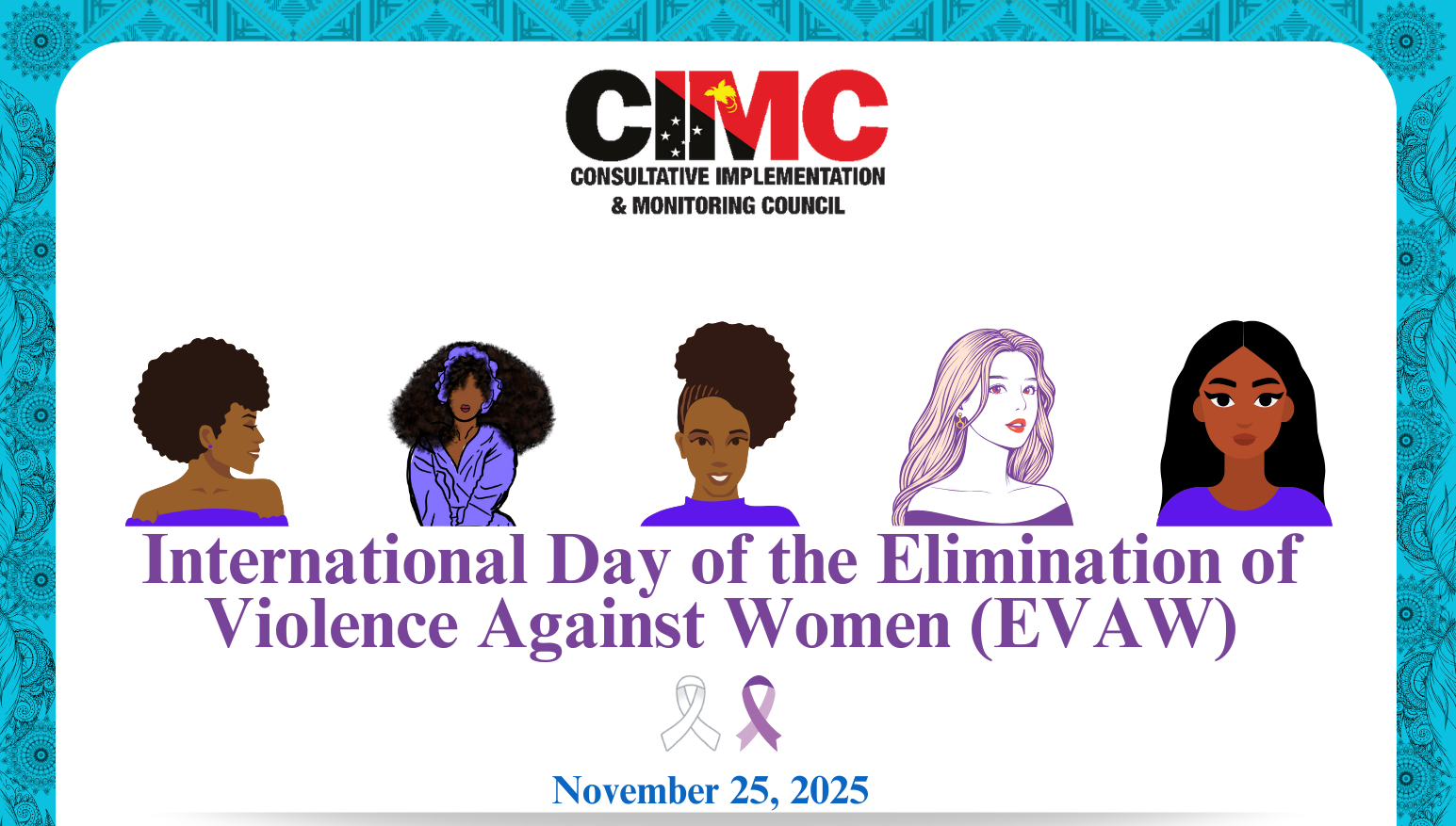
#EVAW is everyone’s fight
LEST WE FORGET
That day came and went, Novermber 25th, 2025, the International Day for Elimination of Violence Against Women (and Girls). The push towards #EVAW is everone’s responsibility.


PNG communities need proper WaSH services
Access to clean water and sanisation including health and hygiene is challenge for many developing communities world-wide including communities on our doostep in Papua New Guinea.


THANK YOU FOR JOINING OUR MEMBER FORUM
Thank you for choosing us! Please join our forums and subscribe to our email campaign for more updates.
Welcome to our video collections, you can also watch this on youtube

